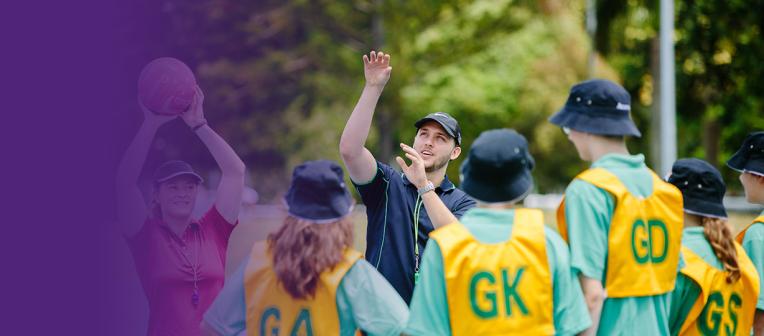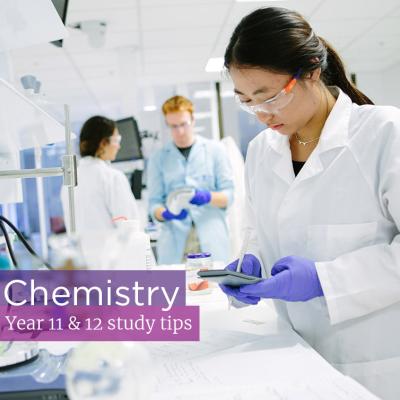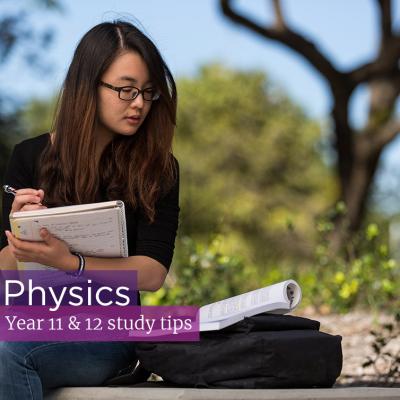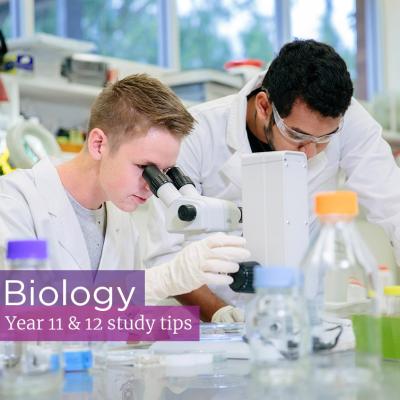Health and Physical Education is one of those high school subjects many students think they can simply breeze through by shooting a few hoops. But this couldn't be further from the truth, especially in senior school.
ATAR PE studies, just like all other Year 11 and 12 subjects, requires regular revision, exam preparation and class participation. It’s much more than knowing the rules to AFL or how to be a good team player (though that’s certainly important). It involves putting theory into practice and analysing how physical movement affects individual health, communities and society.
Whether you’re in Year 10 and considering taking Health and Physical Education subjects in senior school, or you’re already on your last leg of Year 12 PE studies, we’ve got some helpful tips and advice for success in this subject area.
What is PDHPE?
In Australia, the name for senior school Health and Physical Education (HPE) subjects differs across states.
- In QLD, both QCAA Health and QCAA Physical Education are the two main HPE subjects that can contribute to your ATAR.
- In NSW, Personal Development, Health and Physical Education (PDHPE) is the main HPE subject which can contribute to your ATAR.
- To discover ATAR HPE subjects in other states or territories, visit your local education standards or curriculum and assessment authority’s website.
The study tips we provide in this article are useful for any high school Health and Physical Education subjects, whether that’s Health, PE, HPE, or PDHPE.
How to revise for high school PE
- Make bullet point study notes for each lesson. Then, when you’ve completed an entire unit or topic, create a summary by picking out the most important and relevant points from your lesson notes.
- Revise weekly to ensure you fully understand what you have covered in class before moving onto the next week of lessons.
- Use a range of resources – videos, study guides, news articles, etc. – to help you understand each topic and gather a solid pool of examples for you to draw on in your internal and external assessments.
- Swap study notes with friends or organise group study sessions to share your understanding of each unit in the syllabus – they may have picked up on something important that you missed in class, and vice versa.
- Get outside and make a game out of it. Grab a soccer ball or basketball and a few of your classmates, and get active as you revise key terms and concepts. You could even draft a list of quiz questions – when you get one right, you get a free shot.
- Learn by watching and doing. If you’re finding it challenging to grasp the rules, movements or purpose of a particular sport or game, go watch a match or enlist a group of friends to play a game. This way, you can practise your movements and brush up on your knowledge.
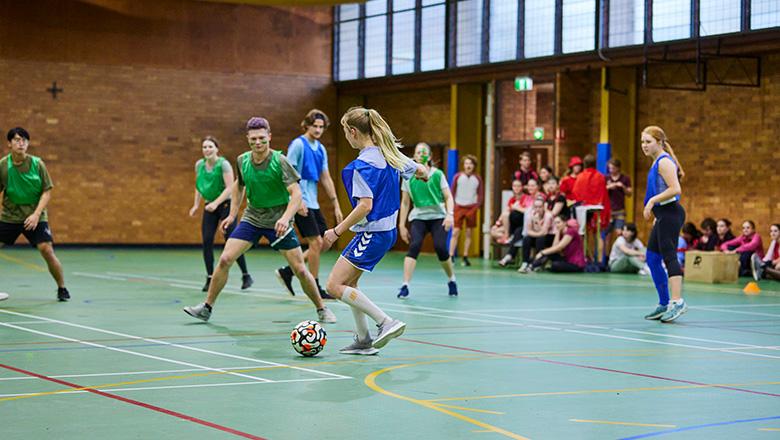
How to prepare for Health and Physical Education exams
- Familiarise yourself with the cognitive verbs that will be used in your exam, so you know exactly how you are expected to answer the questions.
- Complete past exam papers in timed exam conditions – set a stopwatch, give yourself reading time, make sure your family know not to disturb you, and remove any distractions from the room.
- Confirm with your teacher the parts of the syllabus that will be covered in the exam – is it all units you have addressed in class, or only some? Alter your revision timetable accordingly.
- Practise interpreting and drawing conclusions from graphs, tables, diagrams and texts.
- Look over the glossary in your syllabus, write flashcards for any terms you have trouble remembering and regularly test yourself on these.
What Health and Physical Education subjects can I take in Year 11 and 12?
As we mentioned previously, most states and territories in Australia have a range of HPE subjects you can choose to study in Year 11 and 12.
When selecting your senior school HPE subjects, just be mindful of which ones will actually contribute to your ATAR. Always confirm with your teacher before finalising your timetable.
In Queensland, there are 4 HPE subjects you can study in Years 11 and 12:
- Health (general subject)
- Physical Education (general subject)
- Sport & Recreation (applied subject)
- Early Childhood Studies (applied subject).
Which you choose to study depends on what career you’re interested in pursuing, and what type of further education (traineeship, TAFE, university, etc.) you’d like to do after high school.
Why study physical education?
HPE subjects can lead to fulfilling and rewarding careers in a range of industries. From sports nutrition to teaching, rehabilitation sciences to professional coaching or commentating, you could find yourself brushing shoulders with elite athletes, becoming one yourself, or uniting communities through a shared love of sport.
High school HPE subjects are just the tip of the iceberg. At university, you can delve into more specialised areas such as physiotherapy, exercise physiology, sport sciences, nutrition, dietetics, education, occupational therapy, public health and more.
Have a bit of a think about which areas are of interest to you when choosing your ATAR subjects. While it’s unlikely that you’ll need a HPE subject as a prerequisite to get into a university degree, it can help you develop foundational knowledge and assist with narrowing down the HPE topics you’re most interested in, making it easier to decide on a specific degree.
Keep in mind that studying at least one science subject – such as Chemistry, Physics or Biology – is a prerequisite for many health, sport and science-based university degrees.
For advice on doing your best in all your subjects, read How to get a high ATAR, or explore study guides for your other subjects.

